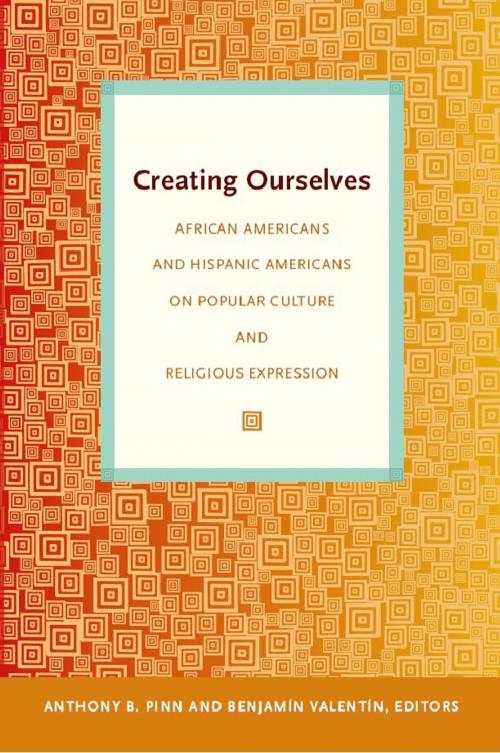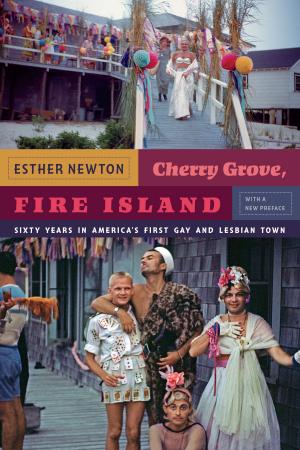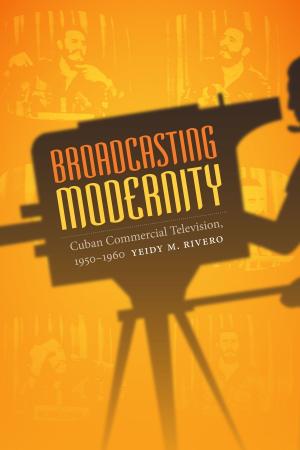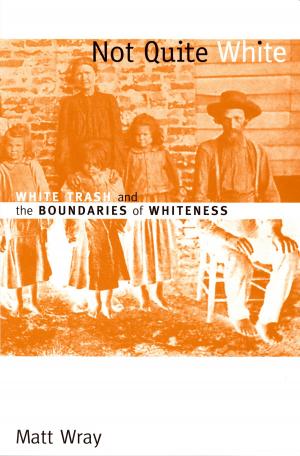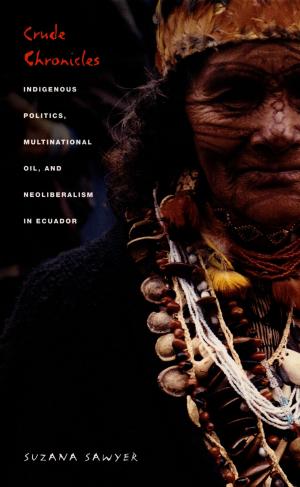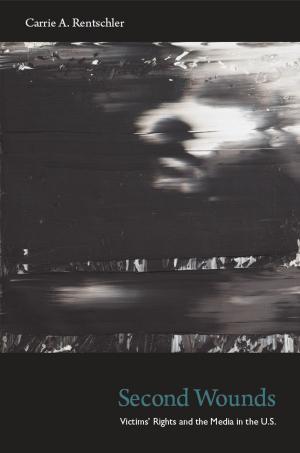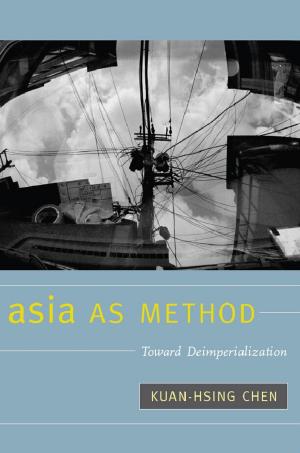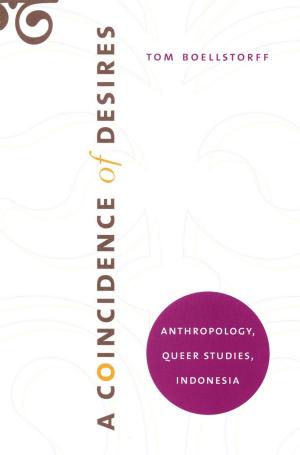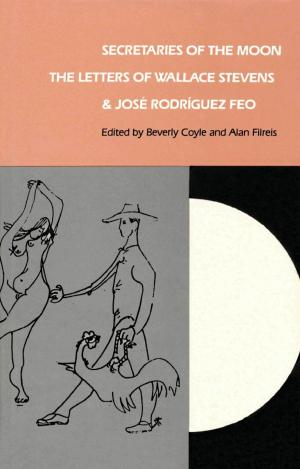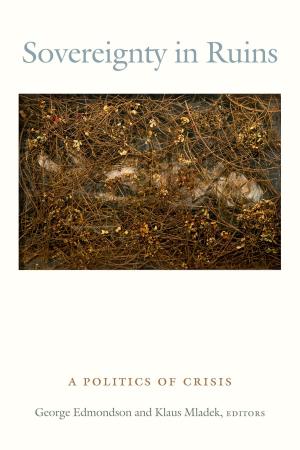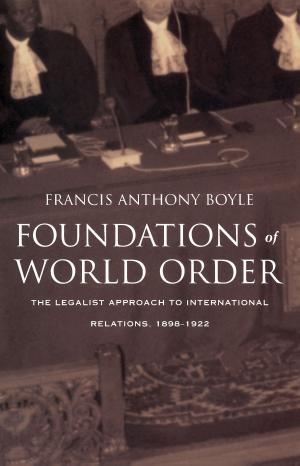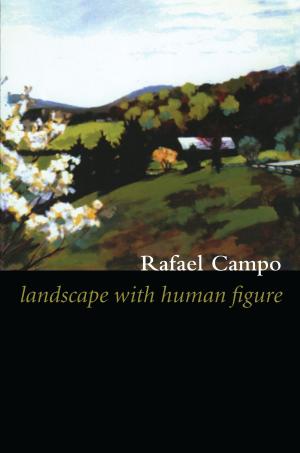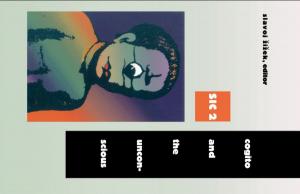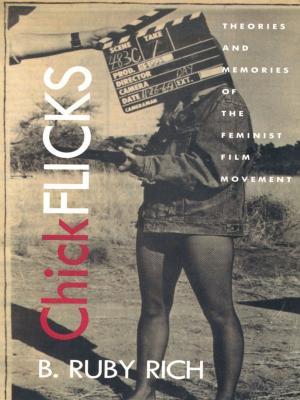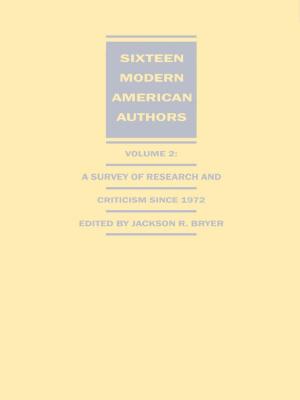Creating Ourselves
African Americans and Hispanic Americans on Popular Culture and Religious Expression
Nonfiction, Religion & Spirituality, Christianity, Church, Church & State, Social & Cultural Studies, Social Science, Cultural Studies, Ethnic Studies, African-American Studies| Author: | Mayra Rivera, Traci C. West | ISBN: | 9780822391210 |
| Publisher: | Duke University Press | Publication: | December 2, 2009 |
| Imprint: | Duke University Press Books | Language: | English |
| Author: | Mayra Rivera, Traci C. West |
| ISBN: | 9780822391210 |
| Publisher: | Duke University Press |
| Publication: | December 2, 2009 |
| Imprint: | Duke University Press Books |
| Language: | English |
Creating Ourselves is a unique effort to lay the cultural and theological groundwork for cross-cultural collaboration between the African and Latino/a American communities. In the introduction, the editors contend that given overlapping histories and interests of the two communities, they should work together to challenge social injustices. Acknowledging that dialogue is a necessary precursor to collaboration, they maintain that African and Latino/a Americans need to cultivate the habit of engaging “the other” in substantive conversation. Toward that end, they have brought together theologians and scholars of religion from both communities. The contributors offer broadly comparative exchanges about the religious and theological significance of various forms of African American and Latino/a popular culture, including representations of the body, literature, music, television, visual arts, and cooking.
Corresponding to a particular form of popular culture, each section features two essays, one by an African American scholar and one by a Latino/a scholar, as well as a short response by each scholar to the other’s essay. The essays and responses are lively, varied, and often personal. One contributor puts forth a “brown” theology of hip hop that celebrates hybridity, contradiction, and cultural miscegenation. Another analyzes the content of the message transmitted by African American evangelical preachers who have become popular sensations through television broadcasts, video distribution, and Internet promotions. The other essays include a theological reading of the Latina body, a consideration of the “authenticity” of representations of Jesus as white, a theological account of the popularity of telenovelas, and a reading of African American ideas of paradise in one of Toni Morrison’s novels. Creating Ourselves helps to make popular culture available as a resource for theology and religious studies and for facilitating meaningful discussions across racial and ethnic boundaries.
Contributors. Teresa Delgado, James H. Evans Jr., Joseph De León, Cheryl Kirk-Duggan, Angel F. Méndez Montoya, Alexander Nava, Anthony B. Pinn, Mayra Rivera, Suzanne E. Hoeferkamp Segovia, Benjamín Valentín, Jonathan L. Walton, Traci C. West, Nancy Lynne Westfield, Sheila F. Winborne
Creating Ourselves is a unique effort to lay the cultural and theological groundwork for cross-cultural collaboration between the African and Latino/a American communities. In the introduction, the editors contend that given overlapping histories and interests of the two communities, they should work together to challenge social injustices. Acknowledging that dialogue is a necessary precursor to collaboration, they maintain that African and Latino/a Americans need to cultivate the habit of engaging “the other” in substantive conversation. Toward that end, they have brought together theologians and scholars of religion from both communities. The contributors offer broadly comparative exchanges about the religious and theological significance of various forms of African American and Latino/a popular culture, including representations of the body, literature, music, television, visual arts, and cooking.
Corresponding to a particular form of popular culture, each section features two essays, one by an African American scholar and one by a Latino/a scholar, as well as a short response by each scholar to the other’s essay. The essays and responses are lively, varied, and often personal. One contributor puts forth a “brown” theology of hip hop that celebrates hybridity, contradiction, and cultural miscegenation. Another analyzes the content of the message transmitted by African American evangelical preachers who have become popular sensations through television broadcasts, video distribution, and Internet promotions. The other essays include a theological reading of the Latina body, a consideration of the “authenticity” of representations of Jesus as white, a theological account of the popularity of telenovelas, and a reading of African American ideas of paradise in one of Toni Morrison’s novels. Creating Ourselves helps to make popular culture available as a resource for theology and religious studies and for facilitating meaningful discussions across racial and ethnic boundaries.
Contributors. Teresa Delgado, James H. Evans Jr., Joseph De León, Cheryl Kirk-Duggan, Angel F. Méndez Montoya, Alexander Nava, Anthony B. Pinn, Mayra Rivera, Suzanne E. Hoeferkamp Segovia, Benjamín Valentín, Jonathan L. Walton, Traci C. West, Nancy Lynne Westfield, Sheila F. Winborne
